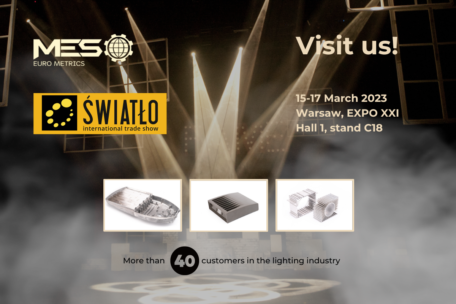
Our new movie
See what our work looks like! How are we doing? How do we source suppliers and who do we provide our services to? Today we talk about our activities - watch the video, meet
Read MoreNext method of upgrading the aluminium and other alloys durability is gold plating
Gold plating makes materials resistant to corrosion. Its advantage is that it reacts poorly with other elements. It is resistant to most acids, including concentrated hydrochloric acid and many other anaerobic acids. Chemical gilding does not react with water or steam. It is subject only to oxidizing acids and mixtures of acids with oxidizing agents. Coatings subjected to galvanic gilding are perfect for purely technical, protective and decorative purposes.
The use of gold plating can vary.
Hard or soft gold plating – it is made for decorative or technical purposes,
acidic – for sublayer,
chemical – for purely technical tasks.
It is also possible to deposit using the tampon method, which is used for coating large surfaces and special requirements for the coating itself – high adhesion and lack of competition. This type of gilding is most often used in the electrotechnical industry.
Read also about: nickle plating and anodizing.

See what our work looks like! How are we doing? How do we source suppliers and who do we provide our services to? Today we talk about our activities - watch the video, meet
Read More
EV – a developing technology that changes the automotive market There are more and more electric vehicles, which are constantly gaining supporters. We can see many factors that are responsible for this state of
Read More
Light Fairs 2023 - let's meet! Increasing luminous efficiency, smart cities, IoT - lighting fixtures have long ceased to be assessed in terms of their basic function. Today, apart from design and efficiency, comercial
Read More